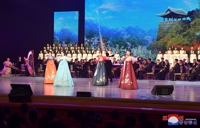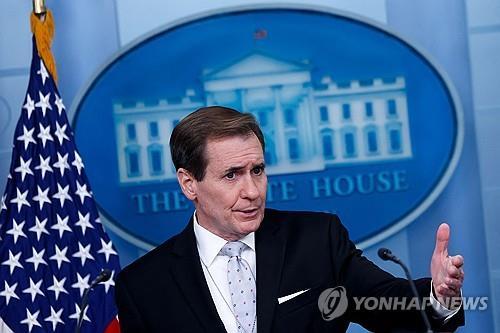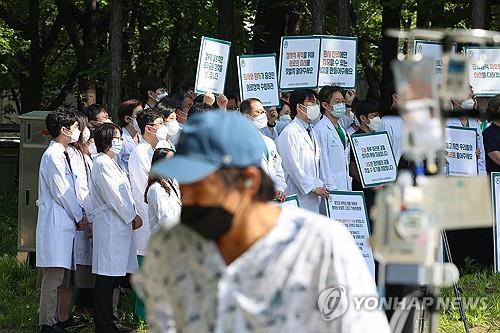Literary world, family bid final farewell to late novelist Choi In-hun
SEOUL, July 25 (Yonhap) -- Fellow writers, literary critics and family members bade their final farewell to novelist Choi In-hun, who died of cancer earlier this week and will be laid to rest following his funeral on Wednesday.
Senior literary critic Kim Byong-ik and some 100 others from the literary circle gathered for the final day of Choi's three-day funeral, at the Seoul National University Hospital. Choi died of colorectal cancer on Monday at the age of 84.
"Professor (Choi) put his entire life into reading, pondering and writing, except the time he spent teaching the next generations," Kim said in his eulogy. "His life and sublime virtuousness will be a guiding light for people committed to literature," he said.
Choi's weeping family members remembered him as a solitary writer who came home as a warm-hearted husband and father.
Choi's son, Yun-ku, recalled an episode with his father calling him and asking, "Did I make the right choice when I made Lee Myong-jun die like that?"
When Choi was barely able to speak while bedridden in his final days, he uttered a single word –– character -- the son also recalled, saying, "At that time I thought that my father, having lived with literature, is becoming literature, per se."
Choi's daughter, Yun-kyung, remembered her father putting "Let us love each other" as the family motto when she was still young.
Born in Hoeryong in 1934 in what is now North Korea, Choi spent his childhood amid the Korean Peninsula's turbulent history of independence from the Japanese colonial rule, outbreak of the 1950-53 Korean War and division of the two Koreas. Choi crossed into the South as a refugee of the Korean War.
Choi is best known for his 1960 novel "The Square," one of his first literary works that squarely confronted the reality of ideologically-driven national division.
The young protagonist, Lee Myong-jun, fled to the North in search of freedom and humanity after being stigmatized as a person with communist ties in the South in the ideologically acute setting of during and after the civil war.
Having also been disillusioned with the communist North, he set out on a trip to a third, neutral country, but jumped to his death from an outbound ship.
The landmark novel is one of the literary works most frequently cited in high school course books for Korean literature.
The government posthumously decorated Choi with the first-grade cultural medal, Geumgwan Order of Cultural Merit, in recognition of his literary works.
The writer will be buried at a private cemetery in Ilsan, just outside of Seoul.
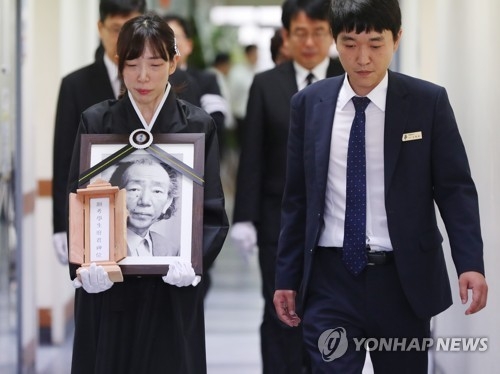
A family member of writer Choi In-hun carries his portrait during a funeral on July 25, 2018. (Yonhap)
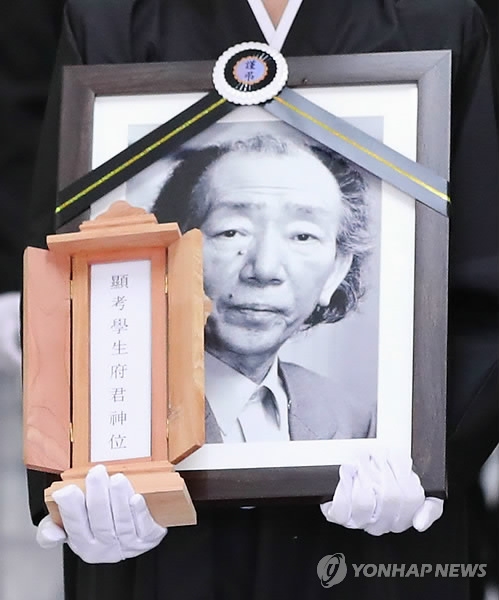
A family member of writer Choi In-hun carries his portrait during a funeral on July 25, 2018. (Yonhap)
pbr@yna.co.kr
(END)
-
 BTS' RM to prerelease a track of 2nd solo album
BTS' RM to prerelease a track of 2nd solo album -
 BTS' Jungkook's 'Seven' chosen as hottest hit outside U.S.
BTS' Jungkook's 'Seven' chosen as hottest hit outside U.S. -
 From pastime to academic discipline: Exhibition spotlights evolution of Korean embroidery
From pastime to academic discipline: Exhibition spotlights evolution of Korean embroidery -
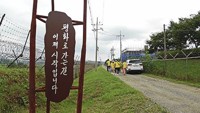 Gov't to open 10 trails near DMZ for visitors next month
Gov't to open 10 trails near DMZ for visitors next month -
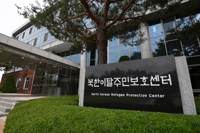 Number of N. Korean defectors entering S. Korea reaches 43 in Q1
Number of N. Korean defectors entering S. Korea reaches 43 in Q1
-
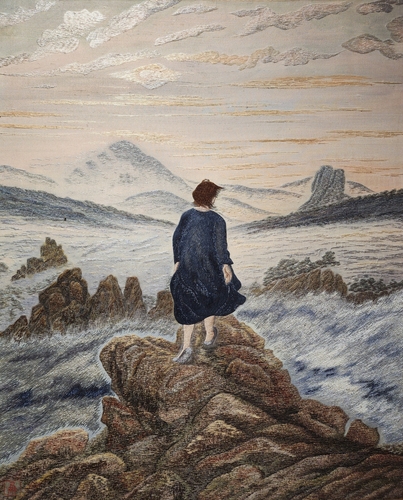 From pastime to academic discipline: Exhibition spotlights evolution of Korean embroidery
From pastime to academic discipline: Exhibition spotlights evolution of Korean embroidery -
 BTS' RM to prerelease a track of 2nd solo album
BTS' RM to prerelease a track of 2nd solo album -
 BTS' Jungkook's 'Seven' chosen as hottest hit outside U.S.
BTS' Jungkook's 'Seven' chosen as hottest hit outside U.S. -
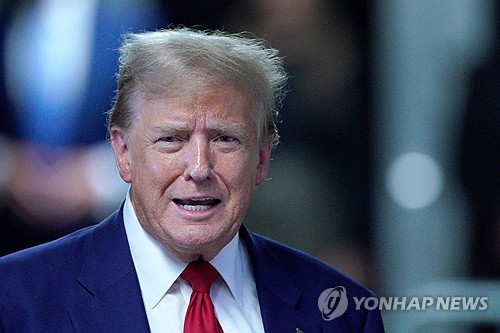 Trump suggests U.S. could withdraw its troops if S. Korea does not contribute more to support USFK: TIME
Trump suggests U.S. could withdraw its troops if S. Korea does not contribute more to support USFK: TIME -
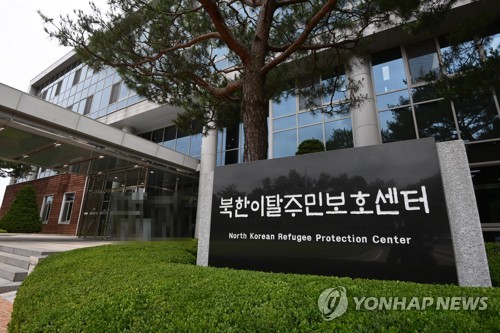 Number of N. Korean defectors entering S. Korea reaches 43 in Q1
Number of N. Korean defectors entering S. Korea reaches 43 in Q1
-
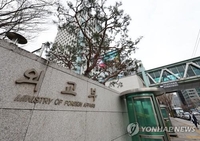 Anti-terrorism alert raised for 5 overseas S. Korean diplomatic missions
Anti-terrorism alert raised for 5 overseas S. Korean diplomatic missions -
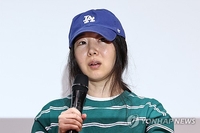 Hybe's sublabel head demanded unilateral contract termination authority for NewJeans: sources
Hybe's sublabel head demanded unilateral contract termination authority for NewJeans: sources -
 (3rd LD) Russia sent more than 165,000 barrels of refined petroleum to N. Korea in March: White House
(3rd LD) Russia sent more than 165,000 barrels of refined petroleum to N. Korea in March: White House -
 (2nd LD) Opposition-controlled National Assembly passes bill on special counsel probe over Marine's death
(2nd LD) Opposition-controlled National Assembly passes bill on special counsel probe over Marine's death -
 U.S. releases new cybersecurity advisory against N.K.-linked cyber incursion group
U.S. releases new cybersecurity advisory against N.K.-linked cyber incursion group

















